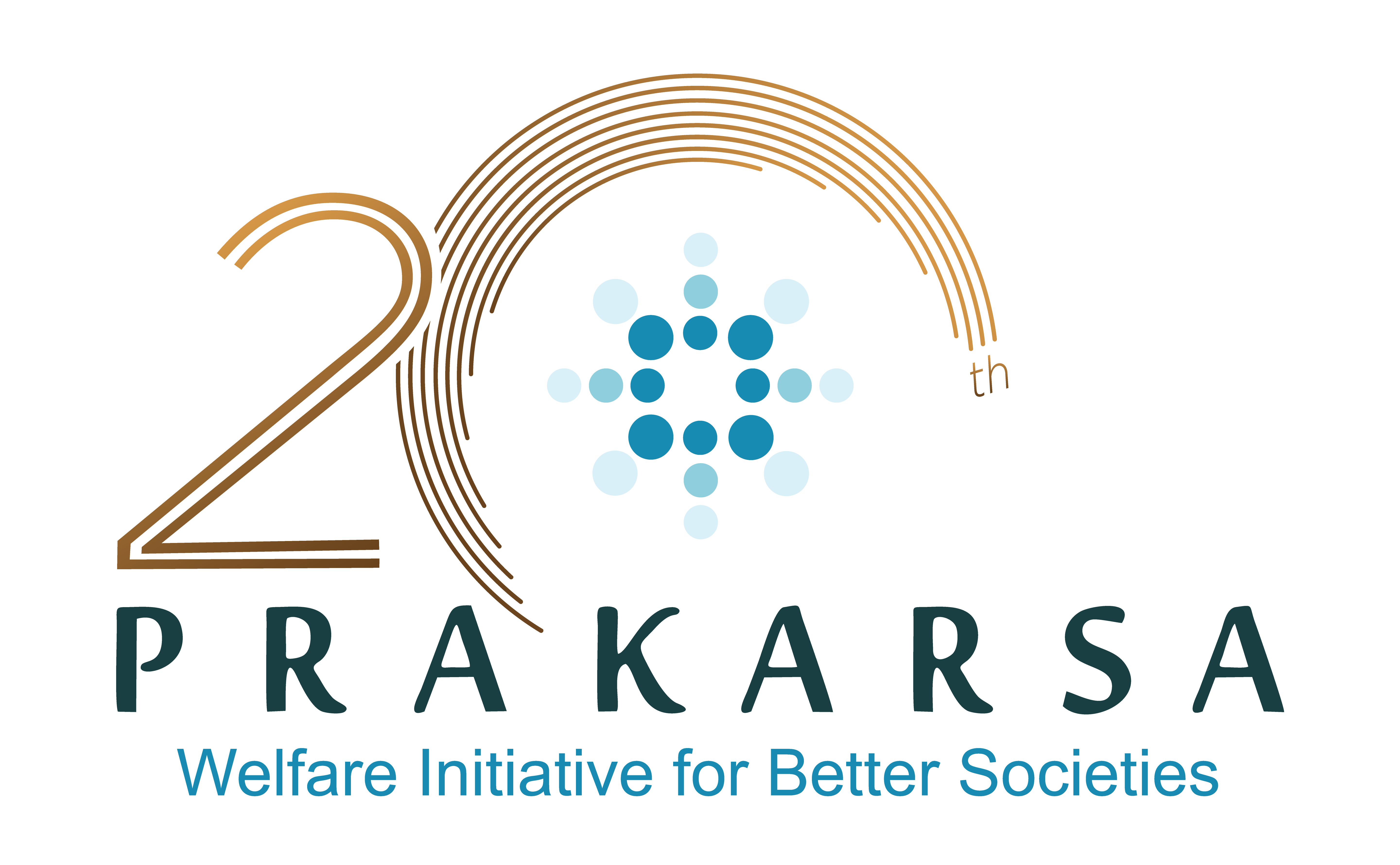President Joko “Jokowi” Widodo’s performance over the past year has drawn
mixed responses across the nation. Some of his critics have expressed the hope
that he will perform more effectively next year.
The scholar Franz Magnis Suseno, who has often criticized Jokowi and his
policies, especially the manner in which the President handled the standoff
between the Corruption Eradication Commission (KPK) and the National Police
early in the year, said that Jokowi needed to step up efforts to eradicate
corruption, arguing that this was among the biggest challenges Jokowi’s
administration would face in the future.
“This is a challenge that has been around for a long time. I hope the
government will continue trying [to eradicate corruption],” he said recently.
Others have praised Jokowi for his leadership style.
A number of religious leaders, including Indonesian Communion of Churches (PGI)
chairperson Rev. Henriette Lebang, have said that they respected Jokowi’s
down-to-earth leadership style and his efforts to serve all citizens and to
involve them in developing the country, regardless of their religious
background.
“We see many positive things that have been promoted by him, particularly his
way of adopting a leadership style that focuses on serving the people, a modest
leadership style that can be taken as an example for us all,” she said in a
recent interview.
She also expressed her support for Jokowi’s mental revolution campaign, arguing
that changes in mindset, behavior and lifestyle were essential for the
country’s progress.
Religious leaders have also called on the government to continue protecting
pluralism.
The Indonesian Chief Editors Forum said that Jokowi had yet to satisfy the
people’s hopes for a stronger democracy and economy.
“It is the duty of the President to consolidate democracy and to build a strong
economic foundation next year,” the forum said in a statement.
A number of civil society groups have recently called on Jokowi to push harder
to achieve the goals outlined in the new global development agenda, labeled the
Sustainable Development Goals (SDGs). At the same time, they also applauded
Jokowi for making a commitment to invite civil society groups to talk with him
every three months to hear their advice and perspective on key issues.
Indonesia failed to meet four of eight targets outlined in a previous UN action
plan named the Millennium Development Goals (MDGs). Specifically, Indonesia
failed to reduce maternal mortality rates, lower HIV-infection rates, ensure
environmental sustainability and provide access to clean water and good
sanitation.
Ah Maftuchan of the Center for Welfare Studies Prakarsa said Indonesia needed
to increase social expenditure.
“We respect the President for advocating massive infrastructure development.
However, we believe that other, more basic, forms of infrastructure, like class
rooms, still need attention,” he said.
Humanitarian activist Sandyawan Sumardi, meanwhile, applauded Jokowi’s
attention to poor people.
“We are glad that Jokowi still has concern for the urban poor,” Sandyawan said
recently in an interview. Sandyawan was invited by Jokowi to a meeting at the
State Palace last week.
However, on the issue of human rights, many activists continue to criticize the
government for failing to resolve past human rights abuse cases.
Activists continued to call on the President to acknowledge some of the darker
aspects of Indonesia’s recent history.
Although the government had expressed a commitment to resolve a number of past
human rights violations, the Attorney General’s Office has yet to follow up on
the results of an investigation conducted by the National Commission on Human
Rights (Komnas HAM) on past rights abuses.
In his speech during the last plenary Cabinet meeting of 2015 held last week at
the State Palace, Jokowi acknowledged that this year was indeed “a year that
was full of challenges”. The President noted that the country had faced a
number of daunting tasks throughout the year, including the forest and peatland
fires, the economic slowdown and the weaker foreign exchange rate against the
US dollar.
However, he also expressed hopes that next year the country could see itself in
a better condition and said that his administration had built a strong
foundation this year.
According to Jokowi, the foundation had been built up by a number of policies
that his administration had put forward this year, including the cut to fuel
subsidies, faster infrastructure development and a change in mindset from
Java-centric development to a more inclusive development agenda that covered
remote areas throughout the country.
“With such a foundation, I want to see that we are able to work harder and
faster in 2016. The challenges to be faced next year will not be any less
difficult than the ones we confronted in 2015,” Jokowi said.
The President has also called on ministers and local leaders to use the state
budget as effectively as possible and to start disbursing funds early next year
in order to boost the economy. During the meeting, Jokowi also instructed his
ministers to focus on handling poverty, reducing societal inequality and
increasing Indonesia’s competitiveness in relation to the ASEAN Economic
Community.
Despite the criticisms, Jokowi believed that the government’s national
development plan was in line with the SDGs and that the government only needed
to ensure that the plan was effectively implemented in order for Indonesia to
achieve the SDGs.
Sumber: The Jakarta Post

